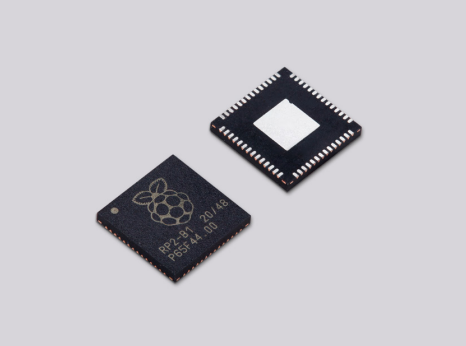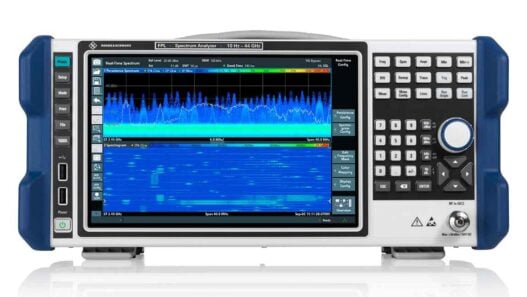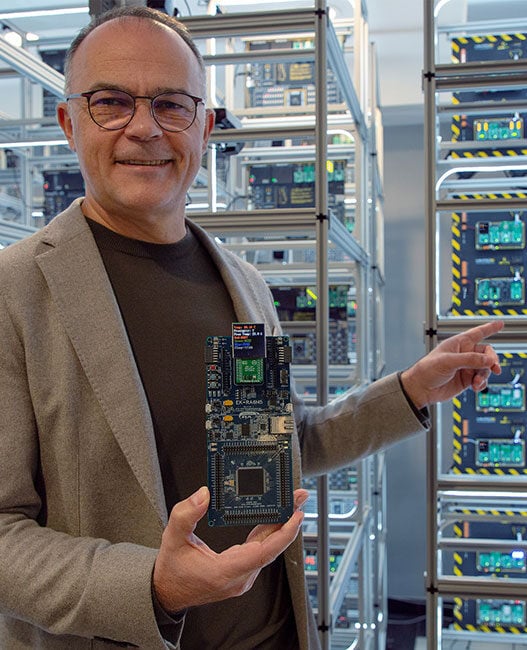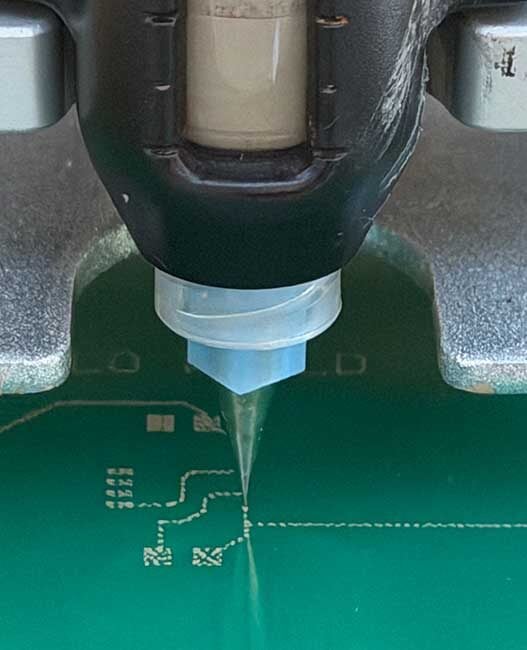This article originally appeared in the Dec’22 magazine issue of Electronic Specifier Design – see ES’s Magazine Archives for more featured publications.
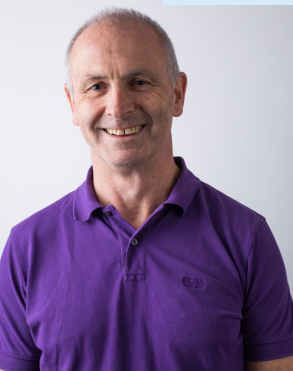
Karen interviews him to see how the company is progressing in business terms and to ascertain the company’s success, internationally.
Mike, it has been a privilege knowing you all these years with your meteoric rise within the distribution sector so now it would be good to consider what made you head to Raspberry Pi and for you to highlight the company’s landmark achievements since 2012 when the first Raspberry Pi was initially launched.
Firstly, thank you for that kind introduction! I have had a long career, over 30 years, in the distribution sector and I am very grateful for the opportunities that I was able to take advantage of during that career. Over the last five years of my distribution career, I worked very closely launching and developing the Raspberry Pi business at Premier Farnell and I can honestly say, that from my very first interaction with Raspberry Pi, I was excited by the educational mission and the opportunity for a $35 computer to both create new markets and disrupt existing ones. In 2015 and 2016 I started having more serious discussions with Eben (CEO & Founder of Raspberry Pi) about joining the team to develop the commercial side of the organisation to ensure that Raspberry Pi can meet the business opportunities that the product roadmap was clearly going to drive.
It really is not that difficult to get excited by the vision Eben had, and still has for the Raspberry Pi business, so it was a very easy decision to swap what had been a great career in distribution, that I will always look back on very fondly, for a new career in a real technology company. The chance to be involved so closely with the next phase of the company’s growth and strategic development was a real ‘once in a career opportunity’ – at least for me.

After a decade of huge success, the low-cost programmable technology innovation had an egalitarian ethos – to make it available to the maximum number of users, especially young people. Besides education and industrial applications, would you expand on current application trends?
This is a really difficult question to answer concisely without simply saying we see our boards in pretty much every place that computing is done, be it in industrial applications, in the education market or within the enthusiast community.
The contrasting needs of the industrial and enthusiast markets offer an interesting customer challenge, where industrial users value stability whilst enthusiasts value cadence with new product releases critical to maintaining engagement.
There really does seem to be no limit in terms of computer applications where we have seen our boards deployed, but today, IoT applications are clearly driving a huge amount of new applications – be it sensing and local computing at the edge of the network or gateways and servers used to transmit data to the cloud.
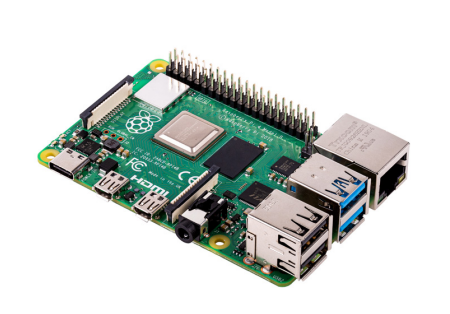
This summer, I followed up on a few minutes of BBC news about a British aerospace engineer, Navjot Sawhney, who gave up a lucrative career to work with Engineers Without Borders and become founder of The Washing Machine Project. Paige West and I spoke to him from Lebanon where he was providing off-grid, low-cost washing machines to one of the refugee camps serving about 20,000 people. Can Raspberry Pi offer similar humanitarian problem-solving assistance to Engineers Without Borders?
Raspberry Pi Ltd, who I work for, is a technology company, majority owned by the Raspberry Pi Foundation whose mission remains to enable young people to realise their full potential through the power of computing and digital technologies, and whilst the Foundation is a UK registered charity they have significant programmes around the world, and a specific focus in Africa and India.
This question is actually very timely, as I am actually doing this interview from a hotel in Nairobi as part of a week-long visit to Ghana and Kenya, my 3rd visit to Africa this year.
Whilst the Foundation is focused on developing and delivering a huge range of programmes and content to support their mission, our activity in Raspberry Pi Ltd is to develop and execute a number of initiatives to ensure that the Raspberry Pi product can be sourced and supported locally. So, if I look at markets like Africa, our recent focus has been one of reinforcing enablement.
In practice, this means finding and working with resellers and other channels across the region to take our products to market, locally. The engineering communities I have visited and worked with in Africa this year have inspired me with their enthusiasm and drive (and youth) to develop African solutions for African problems, so it is no surprise that all the great work I see here in Africa is focused on Agritech (irrigation, crop quality and yield etc.), health (bringing health data from remote communities to central health professionals and resources) and education (teaching tools and lesson delivery).
So, the work we are doing, I believe, has the opportunity to be transformative for this cohort as they work to improve their world, they just want the same access to product and information as their peers in ‘more developed’ industrial markets.
